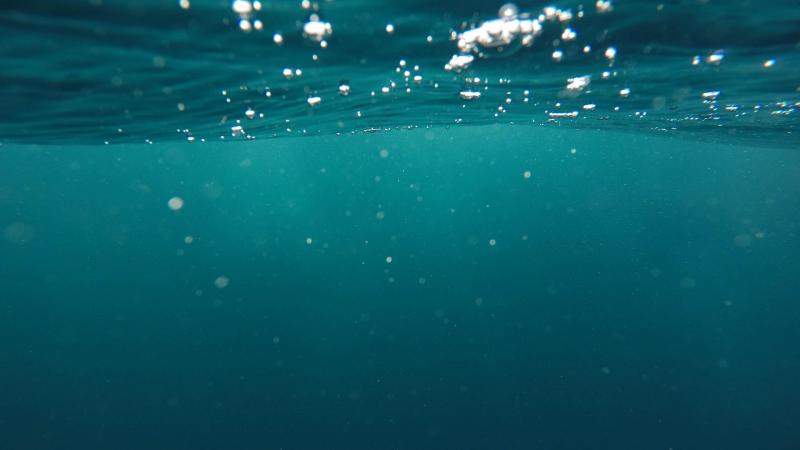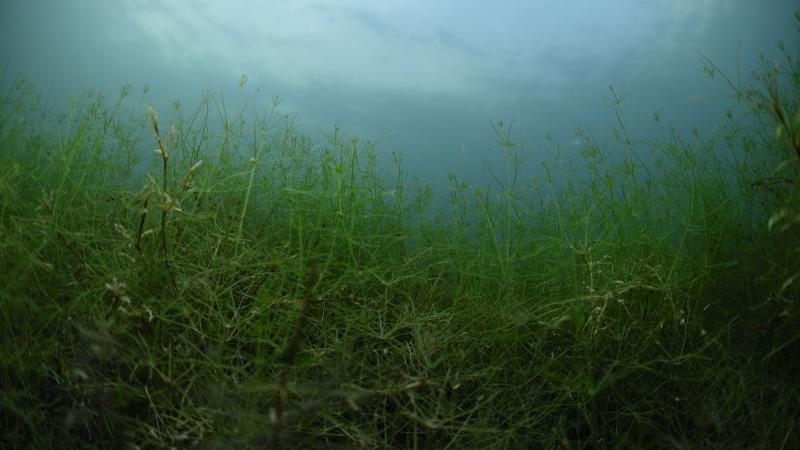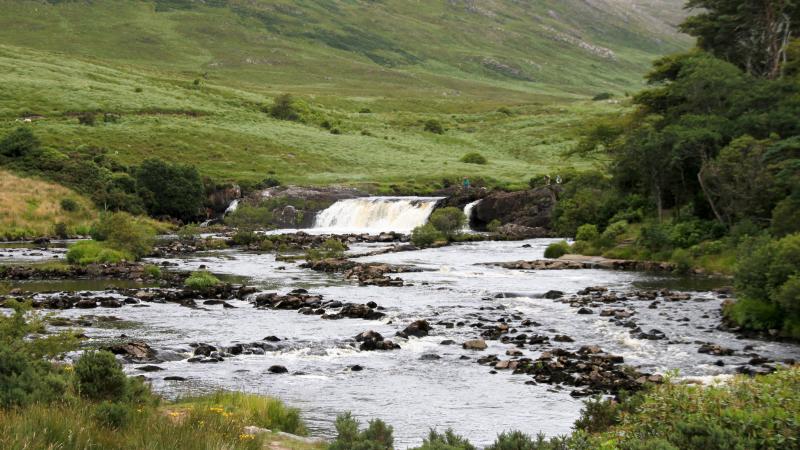Dead fish during the man-made environmental desaster in 2022. | Photo: Luc De Meester/IGB
Under normal conditions, the algae would not occur in such high densities in the Oder River. The man-made environmental catastrophe was only possible through the large amount of common salt (sodium chloride, NaCl) in the river. However, common salt is not considered a nutrient or pollutant and is therefore not taken into account in the existing management plans for the Oder. Its indirect harmful effect as an essential growth basis for P. parvum is not currently recognised and is nevertheless of central importance for the ecological status of the Oder, the scientists explain.
In the third important management question on the consequences of mining, groundwater pollution by salt is mentioned, but the fact that such salt-polluted groundwater is pumped out and discharged into the Oder as a surface water is not taken into account.
Relationship between salt concentration and algae growth analysed
The laboratory tests confirmed optimal growth of P. parvum at salinity levels of 2-8 ppt and significantly lower growth at salinity levels below 0.5 ppt and above 15 ppt. The salinity of the Oder water remains unchanged and regularly reaches up to 1.5 ppt over longer periods of time, especially in summer.
From May to August 2024, IGB observed three mass developments of P. parvum in the Oder, during which the alga did not produce any significant toxins and which were not accompanied by fish and mussel mortality. The researchers are working on the scientific clarification of this phenomenon, but as long as the triggers for toxin formation are not understood, the precautionary principle makes it necessary that the brackish water algae P. parvum should be deprived of its basis of life and the salt pollution of the Oder should be reduced quickly and significantly.
The salt problem should not be circumvented
From the scientists' point of view, it is therefore urgently necessary to include salt pollution as an independent ‘important management issue’, perhaps even as the most important management issue at present due to its urgency. After all, if fish and mussel die-offs occur again due to continued high salt inputs, it is very likely that measures relating to important management issues 1 (morphological changes) and 2 (substance pollution) will not have any effect. If the ICPO wants to achieve the goals it has set itself, the salt problem must not be bypassed in the management plans, the researchers summarise.








